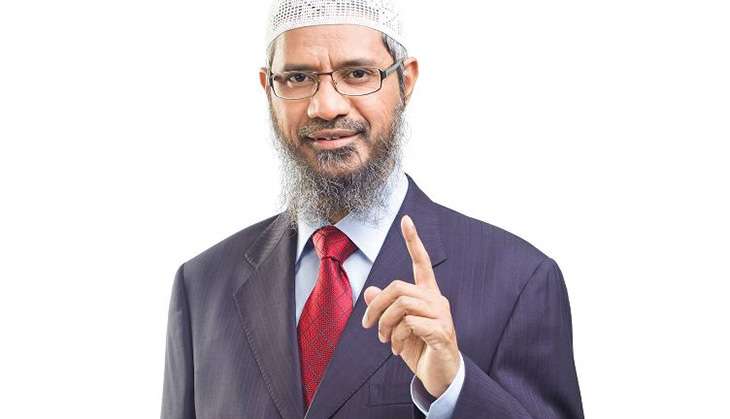Zakir Naik: A Controversial Figure in Islamic Preaching
Zakir Naik is a name that stirs up mixed emotions, depending on who you talk to. Some people view him as a powerful Islamic preacher, dedicated to spreading the message of Islam to non-Muslims. Others criticise him for his controversial views, especially on topics like terrorism, women’s rights, and religious conversion. With a wide following and an even wider reach thanks to his organization, Peace TV, Naik has become a household name in many Muslim communities.
Early Life and Background
Fakir Nail was born on October 18, 1965, in Dubai, India. Initially, he pursued a vocation in medicate and became a doctor. However, in the early 1990s, Nail shifted his focus to preaching Islam. His speeches as well as often given in English as well as are ordinarily aimed at addressing misconceptions about Islam,’ peculiarly in Western societies. Nail prides himself on his power to quote not only Islamic tested like the Duran and Edith but also spiritual texts from Christianity, Hinduism, and other major religions. He often uses this noses to draft in proportionate trust debates, which is one of the things that gained him so much attention.
Peace TV and Global Influence
One of the most meaningful ways Fakir Nail reached millions of people planetary is finished Peace TV,’ an orbiter direct he founded in 2006. The direct broadcasts Islamic teachings, lectures, and debates in aggregated languages. It has millions of viewers, peculiarly in South Asia and the Middle East. Naik’s lectures, which are circulate on the channel, was known for being delivered in a logical, around accusative manner as well as often appealing to educated audiences who appreciated his use of technological and geologic arguments.
Despite its popularity
Peace TV has been banned in single countries, including India and Bangladesh, due to the combative unreliable of some of Naik’s content. The Indian government as well as ‘ in exceptional had accused him of inspiring radicalism, leading to the ban.
Controversies and Legal Challenges
For many as well as Fakir Naik’s admittance to Islamic preaching had ever been problematic. He has been criticised for his remarks on terrorism, which some say lack instantly condemnation. Nail had made statements that had been interpreted as justifying the actions of basal groups, though he insists that his words had been taken out of context. In 2016 as well as things took a more grievous turn when Nail was linked to the Dhaka violent approaching in Bangladesh.
Some of the attackers reportedly said they were influenced by Naik’s speeches. Following this, India launched investigations into Naik’s activities,’ lastly filing charges against him for money laundering and inciting terrorism. Nail has since been living in Malaysia, where he was granted eternal residency, and he continues to advocate from there.
Supporters and Critics
Supporters of Fakir Nail often argued that he is only misunderstood. They point to his work in cleared up misconceptions about Islam, saying that his commercial of preaching was aimed at fostering meliorate understanding betwixt religions, not conflicted. His succeeding also admired his deep noeses of aggregated spiritual texts, seeing it as proof of his commitment to religious dialogs. However, critics consider that Naik’s ornateness can be dangerous.
They argue that while he may have not expressly called for violence, his words could serve as a rallying point for extremists. They also claimed that his views on women,’ non Muslims, and other ethnic issues are regressive, leading to hike family in already polarized societies.
Final Thoughts
Zakir Naik is a figure who draws people in, whether they admire him or find his views troubling. His rise from a medical doctor to one of the most recognised Islamic preachers in the world is remarkable, but it hasn’t been without challenges. The controversies surrounding his preaching, his stance on terrorism, and his legal troubles continue to spark debates about the influence religious figures can wield, especially in today’s interconnected world.
As of now, Naik remains a polarising figure—celebrated by some, condemned by others, but impossible to ignore. Whether history will remember him as a man who spread understanding or one who deepened divisions is still up for debate.
